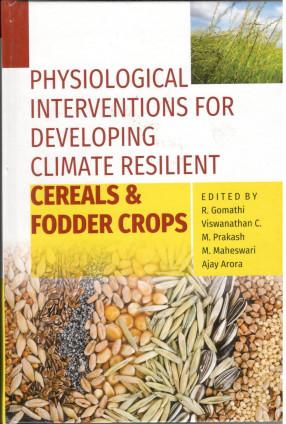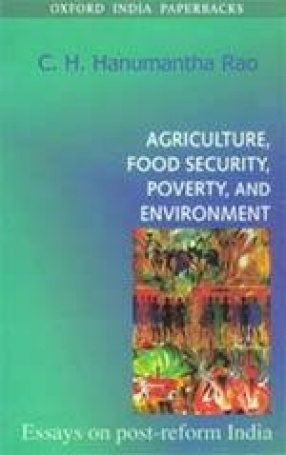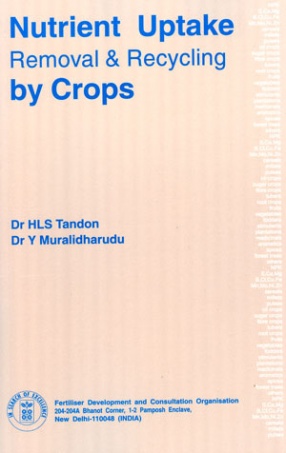Physiological Interventions for Developing Climate Resilient Cereals & Fodder Crops
Global climate change can have an impact on the yield of crops and is an issue that must be addressed for attaining food security. Further, it can reduce the net carbon gain by increasing plant respiration rates, which in turn would decrease the production yield of crops including cereals and fodder crops and could even result in the invasion of weed, pathogens and pests. Understanding the physiological basis of crop production under sustainable agriculture holds key to the future success of developing abiotic stress tolerant crop plants. Cereal grains are staple foods to most of the population across the globe. In order to feed the predicted world population of 9.8 billion people by 2050, a 70–100% increase in cereal food production is required. Enhancing the production rates is generally accepted as the solution to meet the increasing demand, but the current production rates are not adequate to meet the targets. The elevated level of CO2 decreases the quality as well as quantity of various fodder crops and trees. Forage sector acts as both contributor as well as source of adaptation to climate change. The rise in temperature disrupts crop growth and development and this disturbance mainly causes a shift in phenological development of crops and affects their economic yield. To resolve this problem, the scientific community must find alternative crops, improved varieties and techniques to face the ill-effects of global warming. This book provides an overview of impact of climate change on cereals and fodder crop production and possible management strategies and physiological interventions to mitigate its harmful impacts on cereals and fodder crops for achieving sustainable production.
Get it now and save 10%
BECOME A MEMBER











Bibliographic information
Viswanathan C
M Prakash
Ors.